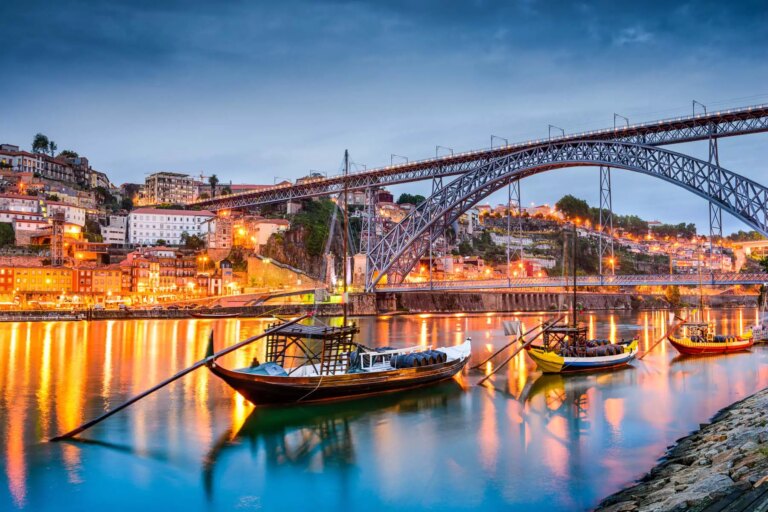Old European charm bathed in sunshine and colors
Expatica Portugal
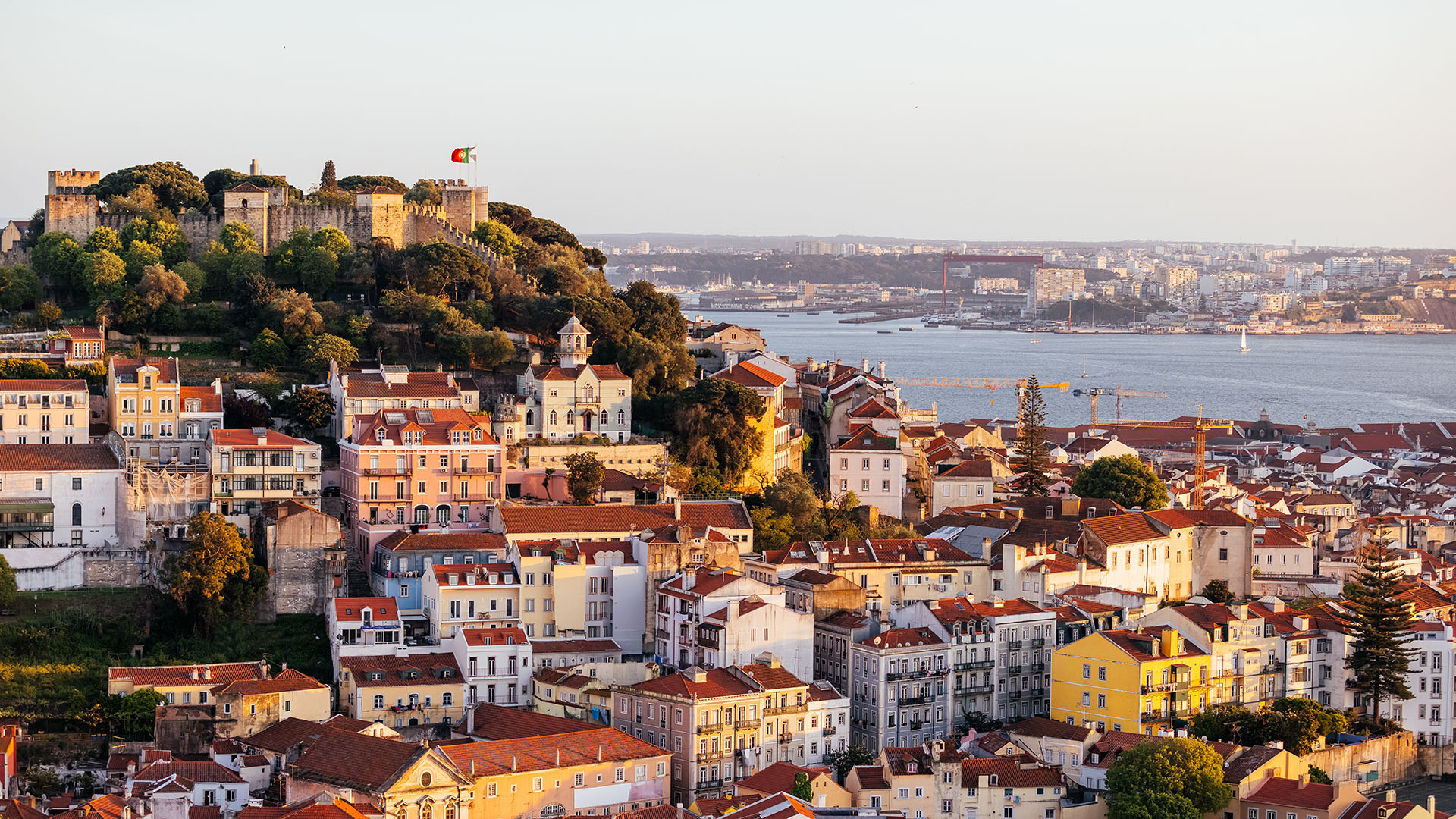
Explore
Editor's picks
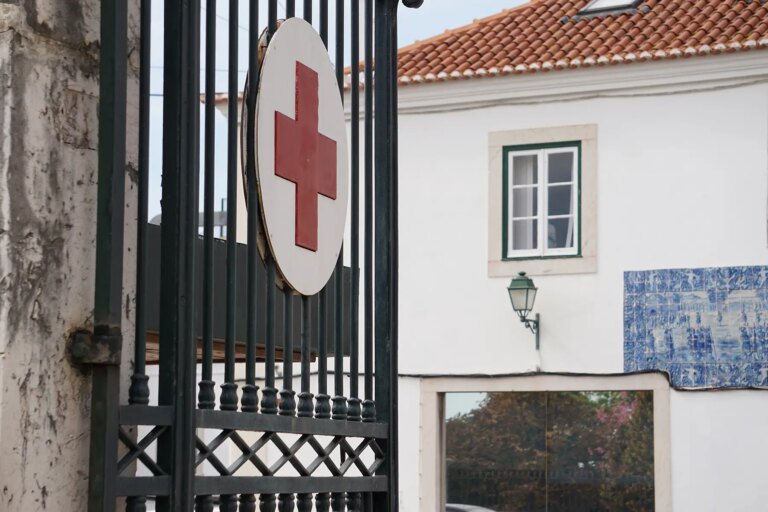
Health insurance in Portugal
Explore health insurance in Portugal and make sure you’re covered for everything from routine checkups to medical emergencies.
Read More
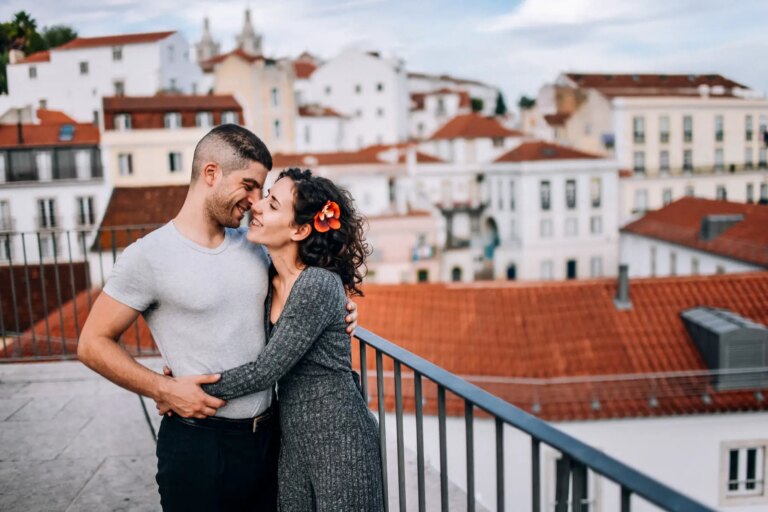
Dating in Portugal: finding love as an expat
Love, laughter, and a little bit of saudade – dating in Portugal certainly has its charm. Here’s what to expect when looking for love.
Read More
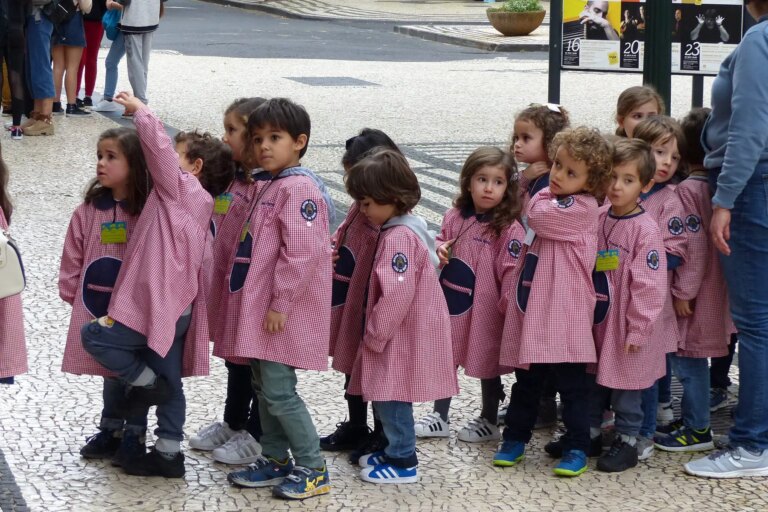
The education system in Portugal
Discover all you need to know about the education system in Portugal, including resources, financial aid, support, and more.
Read More
Expat tools
Make your expat journey easier with our handy tools
Job search
Looking for work? Search our job postings to discover a position suited to your talents
Read more

